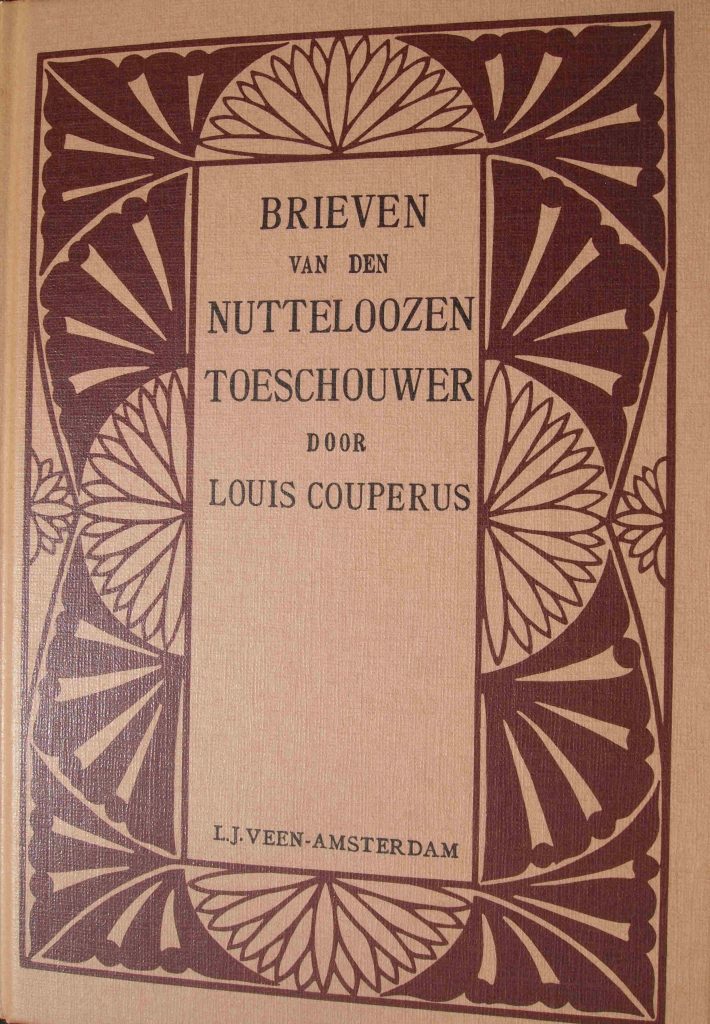Search Engines = Newspapers
Certainly on the advertising front, both the EU and the US have supported more restrictions about what a publication can do versus its editorial content. Google ultimately is a publication, a guide to the web. Like a newspaper, it can publish whatever it wants. That’s been supported in the US; we’ll see if the EU takes a different view. More important, we’ll see if the EU decides to apply rules about what a search engine can or can’t do versus what Google can or can’t do.
Bing, Google’s chief competitor in many countries, highly touts its own vertical search engines. If it’s unfair for Google, as a search engine, to “favor” its own vertical search engines, then the same should be true for all search engines.
Also see my prior post on this topic, The New York Times Algorithm & Why It Needs Government Regulation. It takes the poor wisdom of an New York Times editorial suggesting that Google needs regulation and flips things around to illustrate how newspaper-like search engines are — and how no newspaper would want to be examined this way. It also touches on things that can be concerning about Google. Goodness knows, it’s not perfect.
But on the vertical search engine front, where does it end? Shopping search not allowed, but not image search? News search but no blog search? Only web search? Even that? Will Google be deemed so dominant that the only way to ensure competition is to literally force it to send people away to competitors?
http://searchengineland.com/google-results-too-ad-heavy-166226
